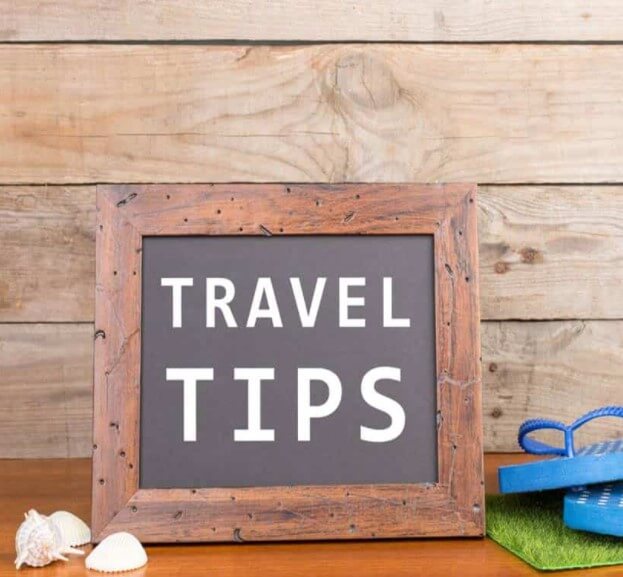Your trip is booked and the anticipation of your upcoming adventure is building. As you plan and prepare for your upcoming trip, review these tips to make sure you don’t forget anything important.
- Visit the tourism website for your destination country and review any new requirements they have due to Covid-19. Many countries have requirements in place for Covid-19 testing, minimum travel insurance coverage and more. You can also check the CDC or WHO websites for information. This website is a handy resource for finding Covid-19 testing locations all over the world.
- Make copies of the endorsement page of your passport. Leave one copy at home with a friend or family member. Take another copy with you, in a separate part of your luggage from the actual passport, or take a photo of it with your smart phone.
- Take a small amount of cash ($100-300) in local currency for ease of transition at your destination. Many international currencies can be purchased from your own bank (if it’s large enough) or through a large, corporate bank.
- Make sure your credit card will work in the country you’re visiting. Most European banks have switched almost entirely to the more secure chip-and-PIN technology. Fewer businesses abroad are accepting the outdated magnetic-strip cards. You may also want to find a credit card with no foreign transaction fees, as this can save you a lot of money.
- Acquaint yourself with the electrical voltage requirements in the country/countries you are visiting. If the voltage is different from the US, purchase a converter and/or adapter. Your best bet is to buy an adapter with different settings that adjust to most outlets, so you only have to bring one adapter instead of one per country.
- Check with your cell phone provider about plans and pricing for international calling, texting and data.
- Place any liquids (soaps, shampoos, etc.) that will be in your carry-on in clear 3 oz. bottles, together in a clear quart size Ziploc bag.
- Make note of the telephone number for the phone number of services in your travel protection plan.
- Call your debit and credit card companies to advise them of your travel dates and destinations. You can also do this by logging onto your online account.
- Keep any prescription drugs in their original containers and pack them in your carry-on luggage.
- Learn a few key phrases in the local language of your destination. (Simple things, like “Hello”, “Goodbye”, “Thank you”, “Where is the bathroom?“)
- If you have any food allergies or severe medical conditions, it’s important to learn how to inform others about those issues in a foreign language. If you don’t feel comfortable with your language skills, print out a document with relevant phrases or make flashcards to carry with you.
- Do not pack your travel documents (itinerary, passport, paper tickets or vouchers) in your checked luggage.
- Unless you are planning to attend a black tie or similar event, leave your valuable jewelry at home.
Safe and happy travels!

